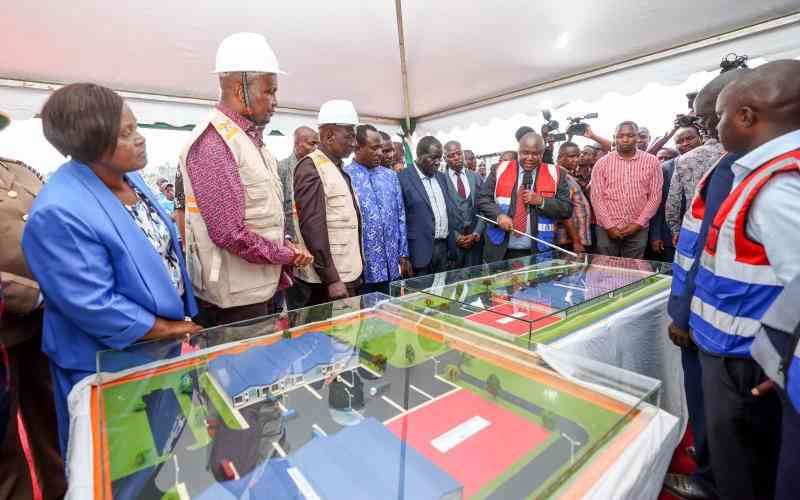×
The Standard e-Paper
Stay Informed, Even Offline

The dust has settled on the campaign trail. The oath has been taken but one year down the line, the majestic lawns of State House cannot confine Kenya's most energetic President. He is forever on the move and has been to every corner of the country.
Instead of relaxing in his carpeted temperature regulated and tastefully furnished offices at the country's most prestigious workstation, President William Ruto has chosen a different path.